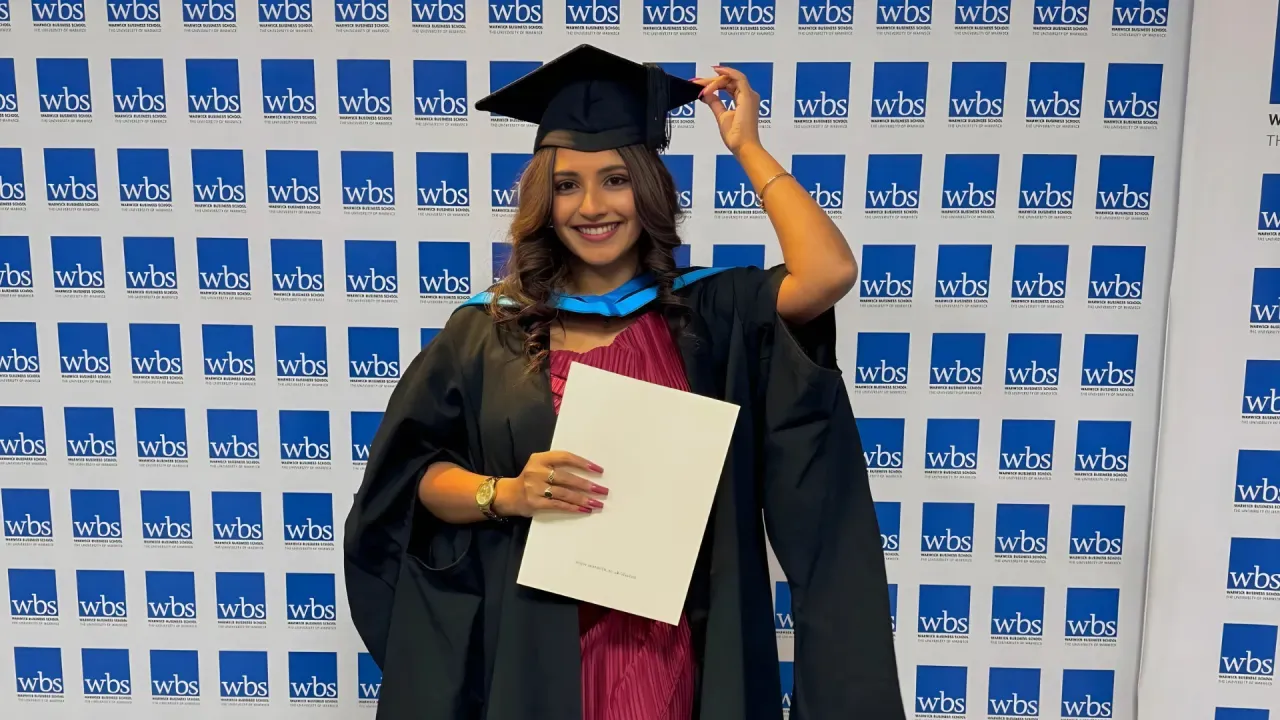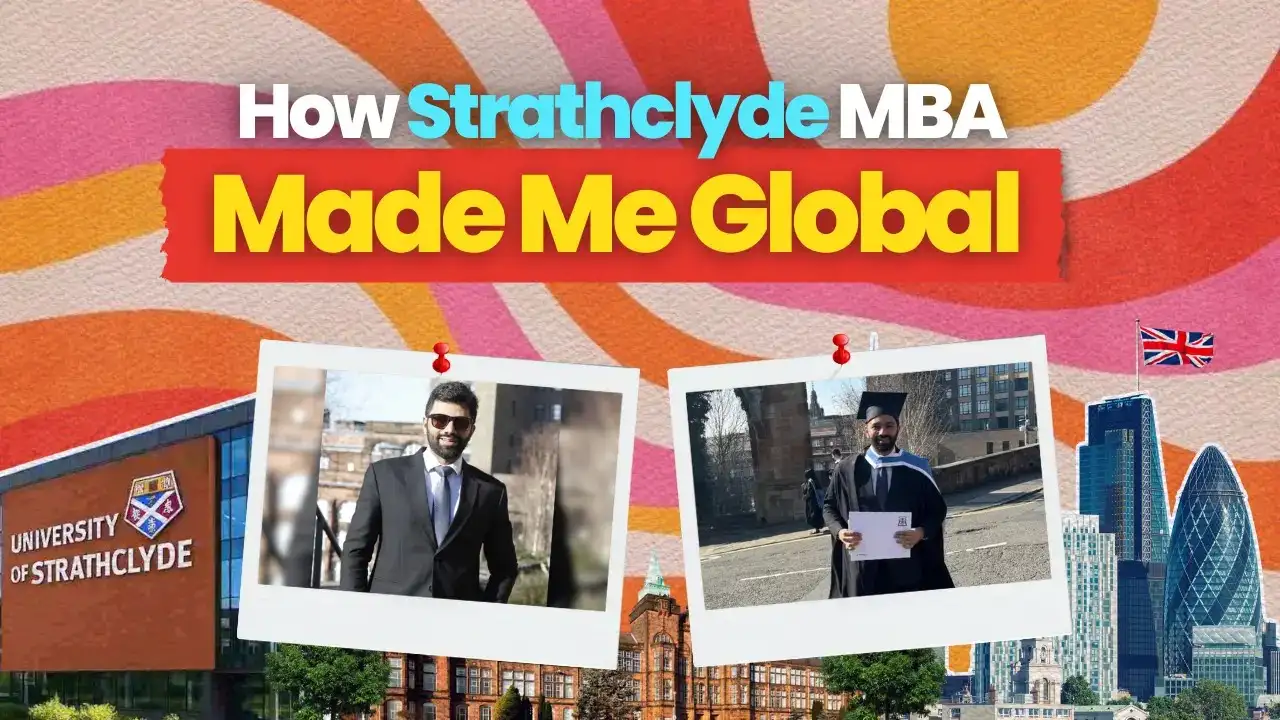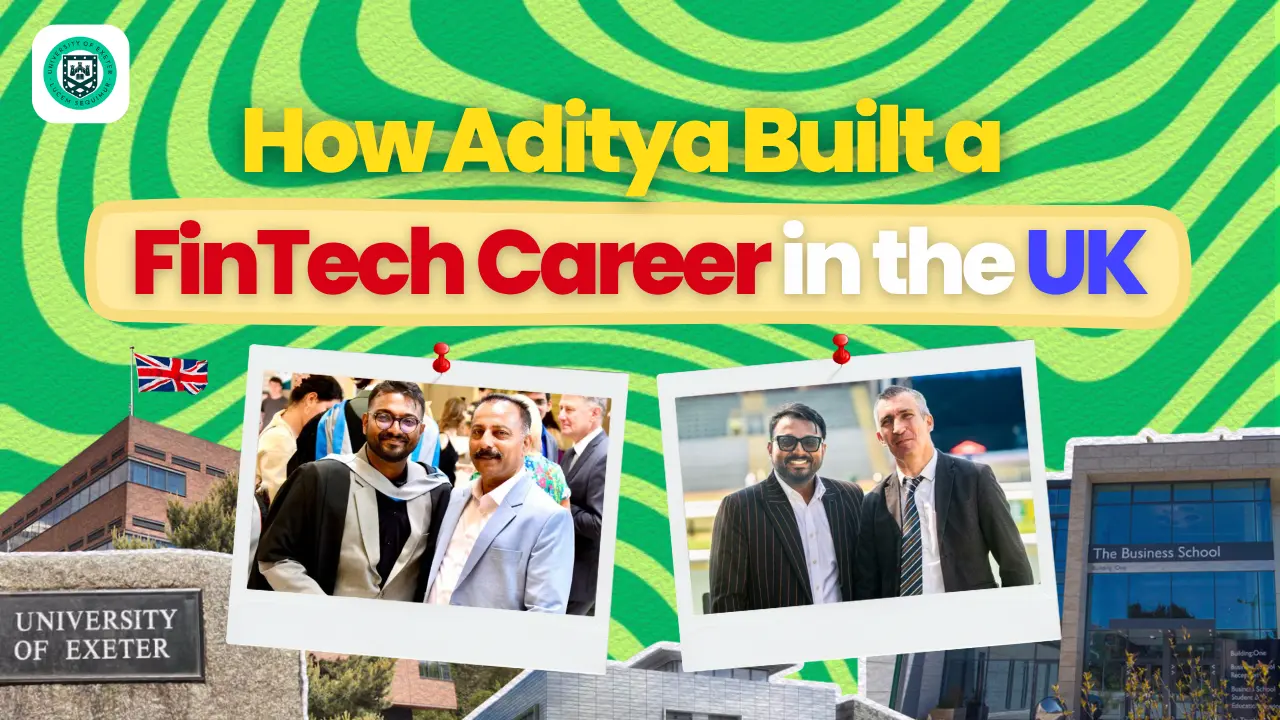Student Reviews
Where Healthcare Meets Technology: How the University of Findlay Became Reavthi’s Launchpad

Meet Revathi Sadu, a Patient Access Registrar at Blanchard Valley Health System. With a bachelor’s degree in Pharmaceutical Sciences from St. Ann’s College of Pharmacy, India, and a master’s in Health Informatics from the University of Findlay, Revathi has successfully bridged her background in pharmacy with the evolving world of health data and technology. She sat down with Leap to talk about her journey from India to the U.S. and her experience pursuing Health Informatics at the University of Findlay.
Q. Tell us about your background.
I’m from Andhra Pradesh, South India. Since the beginning, I’ve had clear goals of working in the healthcare field because I’ve always wanted to serve the public and give back to the community. I chose pharmacy because it offers a wide range of opportunities, whether it’s working in hospitals, pharmacies, pharmaceutical companies, or pharmacovigilance. After completing my bachelor’s, I began my career at Smilax Laboratories, an API (Active Pharmaceutical Ingredients) company. Later, I joined Gland Pharma, which marked a turning point in my career. Working there for three years gave me exposure to advanced technology and large-scale manufacturing processes, especially in injectables. After that, I had the opportunity to work with Pfizer Pharmaceuticals, one of the world's leading companies, where I gained valuable insights into global healthcare operations.
Through all these experiences, I’ve always believed that life is a continuous learning journey. I wanted to keep growing, both professionally and personally, while staying connected to my purpose of contributing to the community.
Q. Why did you choose to pursue your master’s abroad, and particularly in the U.S.?
There is no comparison between India and the U.S. India has great universities, colleges, and courses. But for me, going abroad was a personal goal. I wanted to step out of my comfort zone, gain international exposure, and learn new ways of working in the healthcare field.
In India, having a degree from the U.S. also carries a strong reputation in the job market. A master’s from the U.S., combined with international experience, opens up opportunities to work in better positions, whether I decide to stay abroad or come back to India.
I did consider Ireland as well. Some of my colleagues went there, and it’s an excellent destination for pharmaceutical studies. However, based on my research, I wanted to move slightly beyond the pharmaceutical field I had already spent years in. I already had solid experience in process management, documentation, and regulatory aspects from my work in the pharmaceutical industry. So, I wanted to expand my knowledge base and move toward something that connects healthcare and technology.
That’s when I discovered Health Informatics, a field that integrates healthcare with information technology. Earlier, hospitals relied on paper-based systems, which often led to misplaced records or inefficiencies. Now, with electronic health records and digital systems, healthcare has been completely transformed. The same shift is happening in the pharmaceutical industry as well.
So, I chose the U.S. because it offered the right academic and technological environment to explore this transition and build expertise in both healthcare and data-driven systems.
Q. Why did you choose the University of Findlay?
As I researched universities offering this program, the University of Findlay stood out to me. The program has been running successfully for over a decade, with experienced faculty and a strong curriculum. I also found that Findlay is a small, beautiful, and peaceful town, an ideal environment for focused learning. Plus, as an international student, affordability was an important factor, and Findlay checked that box too.
Q. Tell us about your experience at the University of Findlay. What stood out to you — socially, academically, or otherwise?
I still remember my first day, when the university served Indian food like rice and curries to make international students feel comfortable. It was a small gesture, but it made me feel very welcome.
Since I arrived during the winter, the university provided kitchen utensils and winter clothes to new students. As international students, we often worry about settling in, buying essentials, or finding accommodation. But the university made the transition so much easier. They also offered affordable on-campus housing and even arranged cabs to pick students up from the airport. All these efforts made me feel supported right from the start.
The faculty and alumni were also very approachable and helpful. Everything you need is nearby, Walmart, Kroger, restaurants, and local stores are all within a short distance. For me, it was the perfect place to study and feel at home.
Q. How did you find your job after graduation? Did the university help you with the process?
The university always supports students, but sometimes we don’t realize how much help is available unless we actively seek it. I made sure to use my free time to talk to people, visit departments, and learn about opportunities. My professors were incredibly supportive. They guided us not just academically, but also professionally. I remember two of my lecturers would regularly show us how to use LinkedIn, connect with professionals, and find job openings related to our course.
During my final semester, I secured an internship. I didn’t wait until graduation to start looking. I began early, took advice from my lecturers, and got involved in campus and local events. One of my professors, Jenny Evans, encouraged me to volunteer at local organizations to gain experience and connections.
Following her advice, I started volunteering at Blanchard Valley Hospital, where I met wonderful people who appreciated my work and dedication. This led to a part-time opportunity, which eventually helped me secure a full-time role. So, I’d say it’s a combination; the university provides great resources, but students also need to take initiative and put in the effort to make the most of them.
Q. What advice would you give to students planning to pursue their master’s in pharmacy or healthcare from the U.S.?
I would say, don’t worry too much about the challenges. Life will always have struggles, but it’s through challenges that we grow. Think of how our parents and earlier generations achieved so much without the technology and resources we have today. We now live in a global village with access to information, opportunities, and connections at our fingertips; we just need to use them wisely.
Don’t overthink or wait for opportunities to come to you. Go out, explore, and create your own path. Talk to people, network, and stay active. Many people waste time scrolling on their phones or chatting for hours, and then say opportunities aren’t coming. But success comes when you act.
Whether you study in the U.S., Ireland, or India, the most important thing is to have clear goals, purpose, and discipline. Use your time productively, even if it’s just two or three focused hours a day. Opportunities are everywhere; you just need to seek them. Stay determined, stay connected, and keep learning. That’s what will truly make a difference in your journey.



